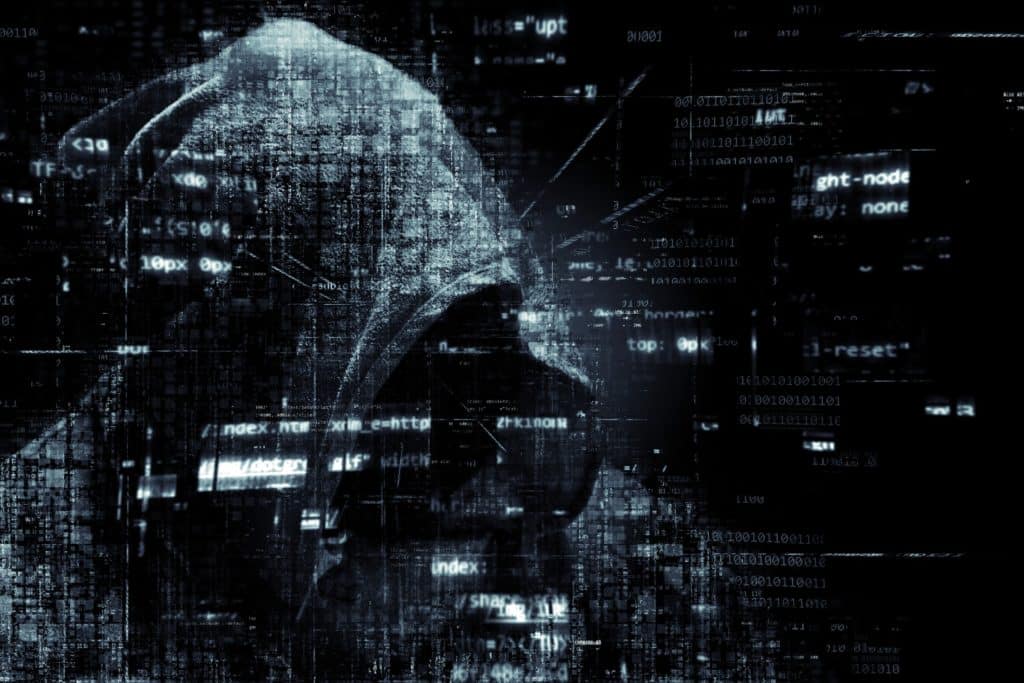Hamburg, Germany – 02 November 2017 –
Hackers come unnoticed – abruptly the desperately required data are encrypted and “ransom” is to be paid. Hardly a week passes with no new warnings in the Federal Office for Information Security (BSI). Hotels must prepare for these challenges and carry out “evacuation exercises to the IT emergency”.
This is the (still to be extended) emergency program for cyber strikes:
- List of important experts with all telephone numbers: IT manager, IT service provider, data protection officer
- Ready advice about collapse of card readers for credit cards etc. (flyers, posters, screens)
- Prepared text info for social media channels
- “Site plan” for information storage: what is stored where, which net program is hosted in which?
- Directory of data copies: accurate data description, status/date of backup
- “Slaughter plan”: who’s responsible for what (job distribution): 1. Information for guests, 2. Information/coordination with support providers, 3. Repair/replacement procurement of affected equipment
- If required in inventory:”clean” IT equipment as a fast replacement
- “IT emergency exercise”: planning game with all responsible persons and engaging service providers
- tbc
Alarming: Almost one in three CEOs has not yet dealt with cyber risks enough
Two-thirds of the entrepreneurs surveyed said that they had already been intensively involved with the unwanted effects of a cyber attack and were aware of the potential dangers. But 33 percent of respondents claim that they haven’t dealt with the topic to date, as Axa found out at a business survey.
From the poll, too, nearly one in two businesses (46 percent) stated that they had already made negative encounters with cyber attacks. But, 84 percent also state that the effects of the cyber attack was minimal. A additional 13 percent say that risk management is presently being implemented, while 43 percent don’t yet pursue targeted risk management, according to the poll. Even though many CEOs claim that they have not yet had any issues with cyber attacks, nine out of ten respondents affirm that they believe protection against cyber dangers to be important.


